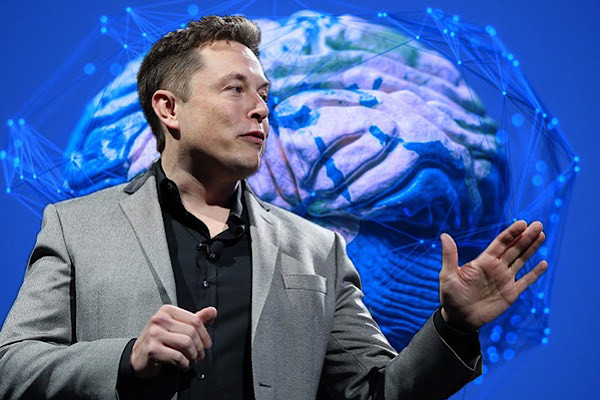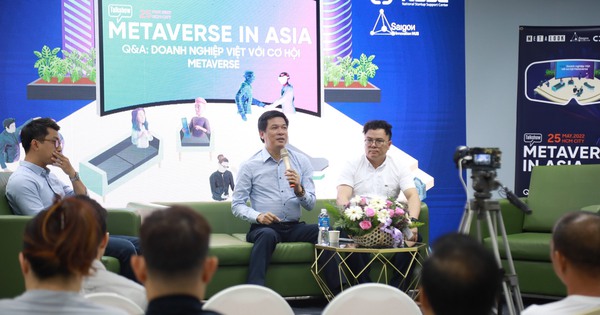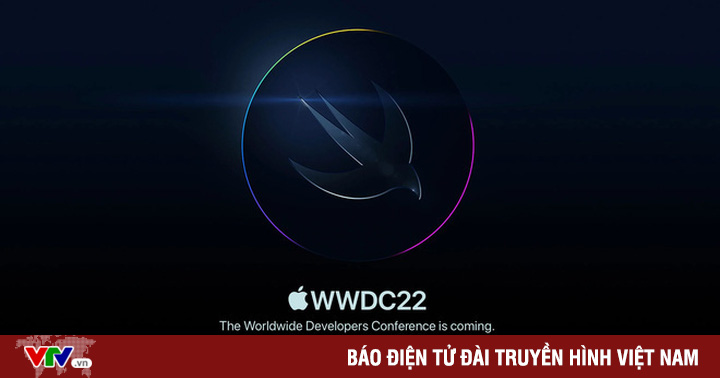New Neuralink is Elon Musk’s biggest challenge
New vision, great ambition
Neuralink is a neurological research company founded by Elon Musk in 2016. The company’s purpose is to treat serious diseases of the brain as well as attempt to link artificial intelligence with the human mind. The company is considered to offer greater potential than a social media company like Twitter.

Mr. Musk said at Ted2022 that over the next decade, Neuralink will produce a miraculous medical tool that can cure paralysis and address a wide range of brain injuries including major depression, obesity, the possibility of schizophrenia – things that cause stress for human.
Elon Musk also announced Neuralink will help him carry out an ambitious project: implanting computer chips into the human brain as early as 2022. This chip can link neurons in the brain to any type of device computer to record and stimulate brain activity. The idea is to serve people with limb disabilities and people with brain or spinal cord injuries, helping them communicate what they want to say via a computer or mobile device. Chips implanted in the surface of the brain, equipped with up to 1,024 electrodes that can monitor brain activity, are therefore considered to bring breakthroughs.
Challenges posed
“I think Musk is going to have a much harder time with Neuralink than with all of his other companies, including Twitter,” said Anna Wexler, a close Neuralink observer. Medicine has unique challenges that won’t be found in other fields.”
Wexler and others note that the ethical pitfalls, slow pace of testing, scientific uncertainty and years of experience in competitors like Blackrock Neurotech are very specific challenges that Neuralink presents to Neuralink. must face to face.
They also fear that a tech mogul that has had numerous conflicts with agencies like the Securities and Exchange Commission may find it difficult to adapt to the highly regulated medical treatment business.
Elon Musk pledges that Neuralink’s devices can “achieve a kind of symbiosis with artificial intelligence,” helping to secure the future of humanity. In April 2021, Neuralink shared a video of a monkey playing the MindPong game by using its brain to control the content in the game, which attracted public attention.
Then, in February 2022, the Physicians Committee for Responsible Medicine (PCRM) filed a complaint against Neuralink with the United States Department of Agriculture (USDA), accusing the company of animal cruelty. The team said the monkeys had their brains removed in poor quality experiments and were left to suffer and die. Neuralink has denied the allegations, saying it is fully committed to working with animals in the most humane and ethical way possible.
Furthermore, getting approval from the Food and Drug Administration (FDA) for implantable medical devices is also not easy.
According to Bloomberg, medical device manufacturers often recruit Clinical Directors to conduct trials pending FDA approval. If the trial has positive results, it will be easier to be approved by regulatory agencies.
In January 2022, Neuralink posted an ad hiring a Clinical Director to work with the first trial participants. However, this position seems to be still vacant.
The company has also faced staffing challenges. Longtime Neuralink CEO Max Hodak left last year because he was unhappy with Musk’s accelerated schedule for new products. Six of the eight veteran scientists have also left the company.
Also neuroscientists question the company’s competence as a research center and note that the MindPong video was essentially made by researchers nearly 20 years ago.
Plus, although 1,024 electrodes implanted in the brain instead of a few hundred is an advance, the neuroscientists say, it offers no demonstrable advantage in mobility applications. People. Blackrock’s decades-old technology can essentially do the same thing. Blackrock has had FDA-approved devices implanted in 32 patients in trials around the world.
“It feels like there are two companies that do essentially the same thing. One person is doing it the right way and Elon Musk is doing it the wrong way,” said Laura Cabrera, an associate professor of engineering and mechanical sciences at Pennsylvania State University who tracks neurotech companies.
She specifically questioned human trials, asking how a company with little formal ties to medical institutions could convince people to let them put the device in their brains. “I really don’t know where he’s going to find the subject,” Cabrera said. “Maybe on Twitter?”.
Another neuroscientist worries that bold promises that aren’t met over time could also dent public and investor interest and even clog research.
Marcus Gerhardt, chief executive officer and co-founder of Utah-based Blackrock, says hype is dangerous: “If you send a fragmented message and give patients hope, no matter how hard you try, It is irresponsible to turn it around.”
“Vision is good,” said Paul Nuyujukian, director of the Stanford University Brain Interface Lab. You need a vision to achieve your goals. But making promises that aren’t fulfilled can mislead the public. When giving a vision, you need to be honest about your position and capabilities.”
Undeniably, though, Musk has driven a wave of funding so far. Neuralink has raised at least $363 million in venture capital, including $100 million from Musk and an undisclosed amount from Google Ventures. Peter Thiel, the co-founder of PayPal has also invested in Neuralink.
Huong Dung (According to The Washington Post)
at Blogtuan.info – Source: vietnamnet.vn – Read the original article here



